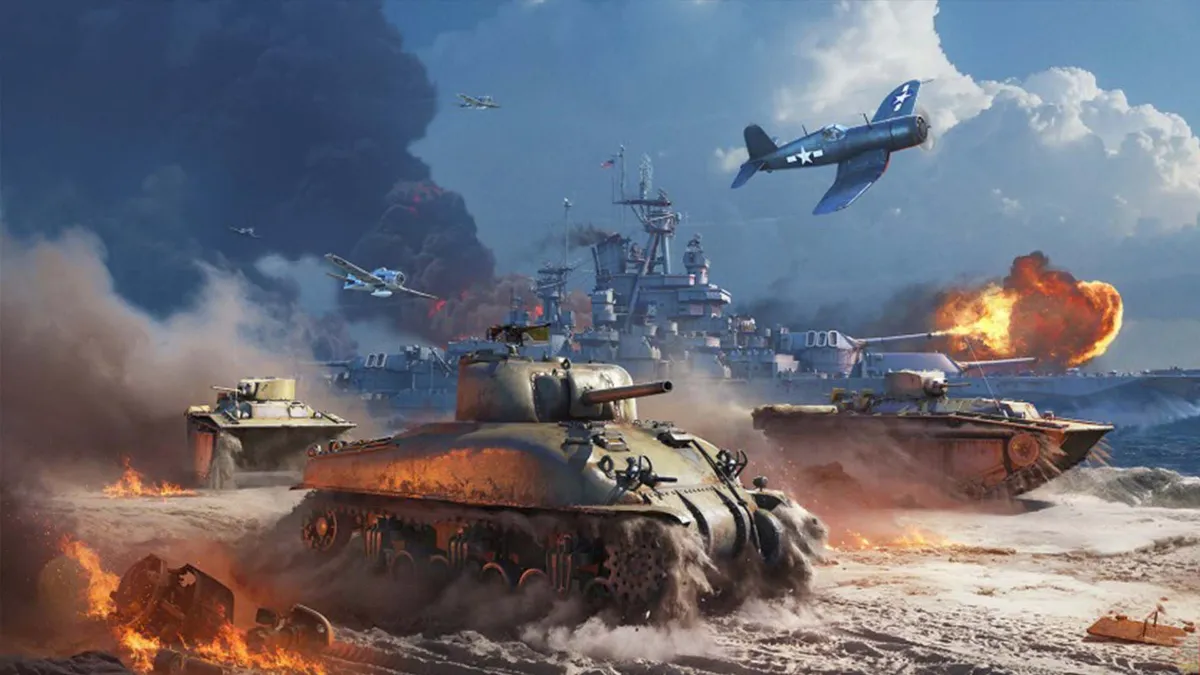War Thunder developer Gaijin Entertainment faced backlash recently after inadvertently including imagery from the Space Shuttle Challenger disaster in one of its key art pieces. The error was quickly noticed by the game’s community, who pointed out the striking resemblance between the artwork and images from the 1986 tragedy, where all seven crew members aboard the shuttle lost their lives.
This sparked immediate criticism online, with many users expressing dismay over what they perceived as a display of poor taste.
Acknowledging the mistake, Gaijin Entertainment issued an apology through its community managers. They explained that the image in question was part of a reference pack used by artists for depicting aerial explosions, inadvertently losing sight of its sensitive context.
Promising swift action, they reassured the community that the artwork would be revised promptly to prevent such incidents from occurring again in the future.

Community reactions varied widely, reflecting a mixture of disappointment and understanding. Some users emphasized the need for greater sensitivity and awareness in artistic processes, especially when handling subject matter as poignant as historical tragedies.
Others appreciated the company’s quick response and commitment to rectifying the issue, acknowledging that mistakes can happen but should be swiftly addressed and learned from.
This incident underscores broader concerns about ethical considerations in video game development, particularly when referencing real-world events with tragic outcomes. It highlights the challenges developers face in balancing creative freedom with respect for historical sensitivities, urging industry-wide reflection on best practices for handling such delicate subjects responsibly.
Ultimately, Gaijin Entertainment’s handling of the situation, including its apology and commitment to corrective measures, reflects a proactive approach to community feedback and ethical responsibility in digital media. As the gaming community continues to grow and diversify, incidents like these serve as pivotal moments for ongoing dialogue and improvement in industry standards.







